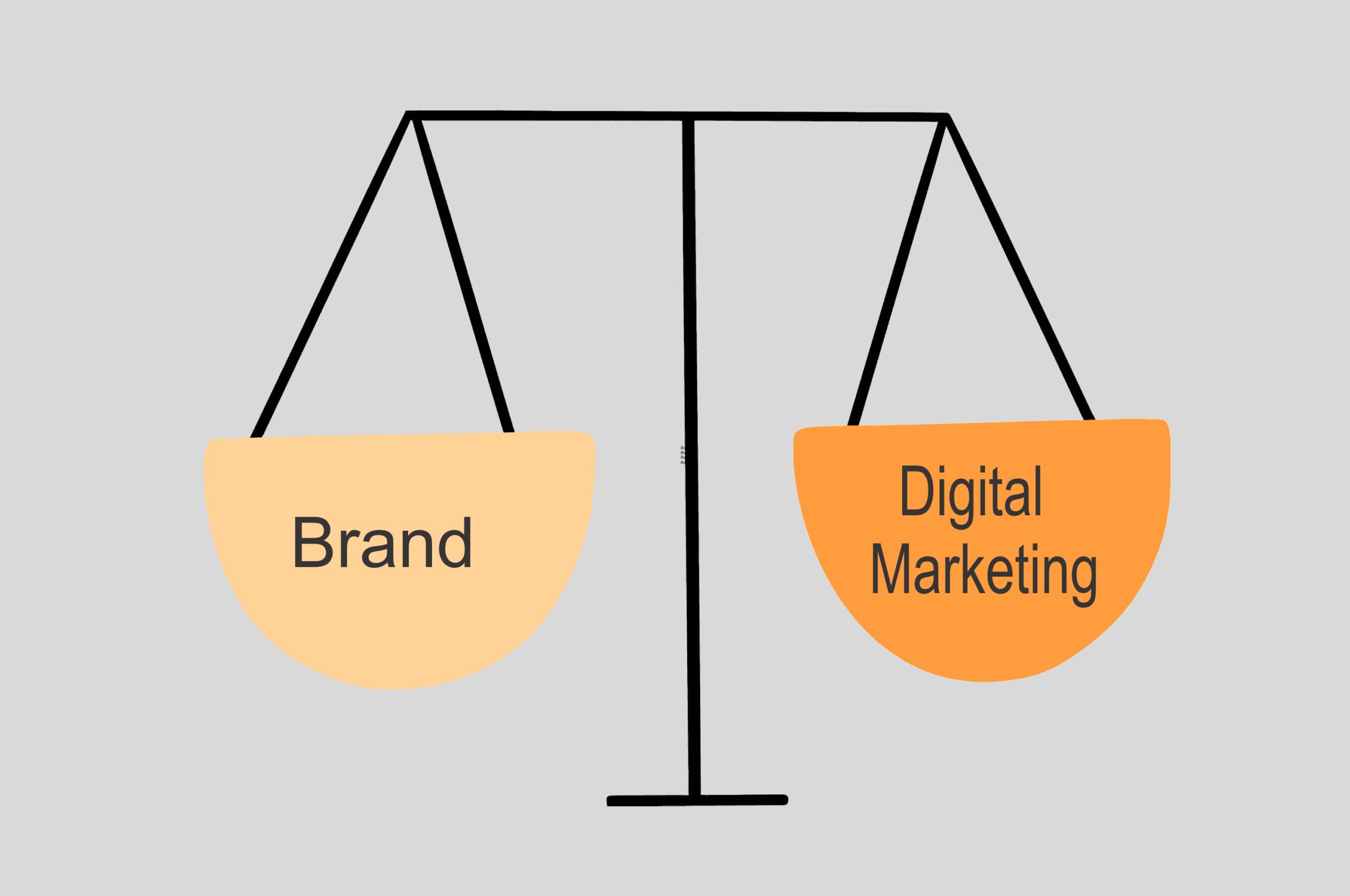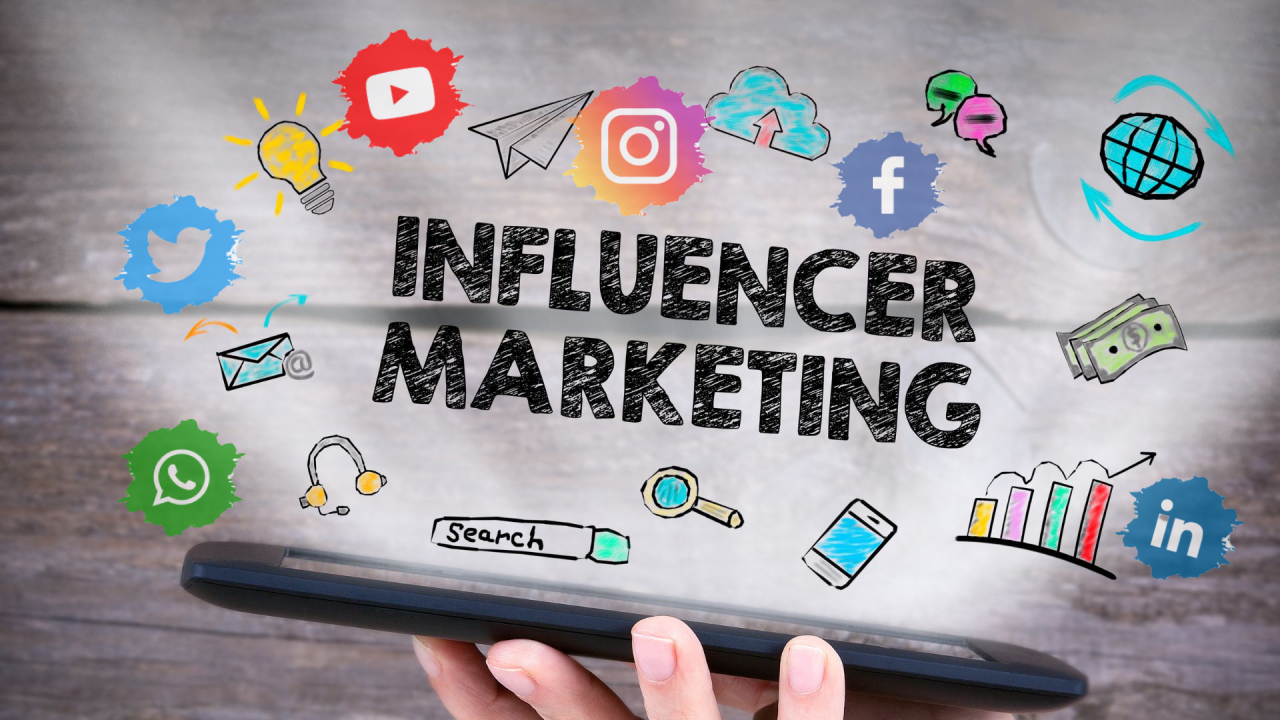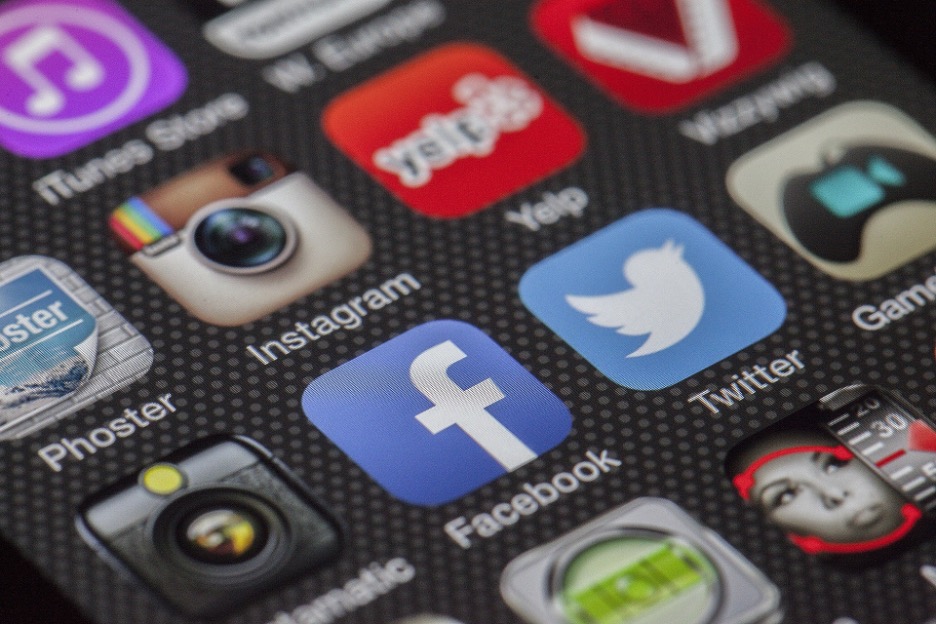Brand Marketing vs. Digital Marketing: Finding the Right Balance
In today’s digital age, businesses are constantly faced with the challenge of allocating their marketing resources effectively. Two prominent strategies often in the spotlight are Brand Marketing and Digital Marketing. While they might seem like two distinct approaches, finding the right balance between them can be a game-changer for businesses of all sizes.
The Essence of Brand Marketing:
Brand Marketing is about crafting and nurturing the image, reputation, and identity of a company. It’s the emotional connection between a brand and its audience. Brand Marketing focuses on building long-term trust and loyalty.
The Power of Digital Marketing:
Digital Marketing, on the other hand, is the set of tools, tactics, and strategies used to promote products and services online. It encompasses a wide range of activities, including social media marketing, email marketing, content marketing, SEO, and pay-per-click advertising. Digital Marketing is highly data-driven and aims to reach a target audience efficiently.
Balancing Act:
- Understand Your Audience: Both approaches require a deep understanding of your target audience. Brand Marketing looks into their emotions, values, and lifestyle, while Digital Marketing relies on data and metrics to identify the audience’s online behavior.
- Consistency is Key: Brand Marketing emphasizes the importance of consistent messaging and design to reinforce the brand’s identity. Digital Marketing also benefits from consistency, especially in terms of branding across various online platforms.
- Engagement vs. Conversion: Brand Marketing seeks to engage and captivate the audience emotionally. Digital Marketing’s primary goal is often to drive conversions. A well-balanced strategy can create engagement and convert leads into loyal customers.
- Long-term vs. Short-term: Brand Marketing is a long-term investment in building a strong brand identity. Digital Marketing often delivers faster results. A balanced approach involves using Digital Marketing for immediate impact while Brand Marketing strengthens your brand’s foundation for the future.
- Budget Allocation: Depending on your goals, product, and audience, you’ll need to allocate your marketing budget accordingly. Sometimes, a 70-30 or 80-20 split between Digital and Brand Marketing might work best.
- Leverage the Digital-Brand Synergy: Digital Marketing can support Brand Marketing by amplifying your brand message through online channels. Your social media presence, content marketing, and email campaigns can all reinforce your brand identity.
- Measure and Adapt: Use data-driven insights from your Digital Marketing efforts to refine and enhance your Brand Marketing strategy. Continuously adapt to the changing needs and preferences of your audience.
Conclusion:
Brand Marketing and Digital Marketing are not competitors; they are partners in creating a strong, enduring presence in the marketplace. The ideal strategy for your business will depend on your goals, resources, and target audience. By finding the right balance between these two approaches, you can build a brand that resonates with your audience while efficiently reaching them in the digital world. The key is flexibility, adaptability, and a holistic approach that recognizes the power of both Brand and Digital Marketing.









